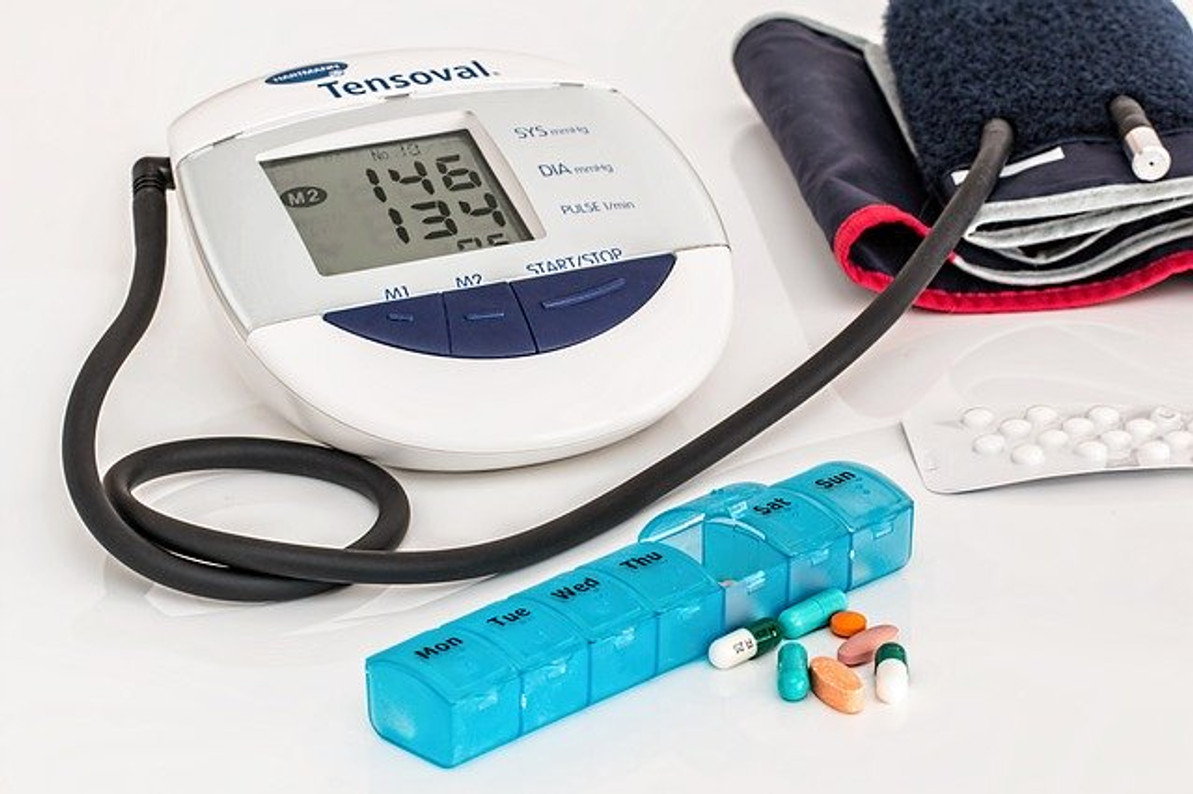5 Common Causes of High Blood Pressure
Also known as hypertension, high blood pressure is a serious medical condition from which millions of Americans suffer. According to the Centers for Disease Control and Prevention (CDC), a little under half of the U.S. adult population has high blood pressure. When not properly managed, it can raise your risk of chronic diseases like cardiovascular diseases. Therefore, you must understand what causes high blood pressure so that you can take the necessary measures to prevent it.
#1) High Sodium Intake
Diets high in sodium have been linked to high blood pressure. When consumed, sodium will enter the bloodstream where it causes blood pressure to rise. Sodium is still an essential nutrient, and like all essential nutrients, your body can't live without it. Nonetheless, you should moderate your intake of sodium so that it doesn't leave your vulnerable to high blood pressure.
#2) Insufficient Potassium Intake
Consuming an insufficient amount of potassium can also increase your risk of high blood pressure. Potassium works by counteracting the effects of sodium. It allows your body to process sodium more quickly so that it doesn't raise your blood pressure. To increase your intake of potassium, try eating more bananas, potatoes, spinach and beans, all of which are loaded in this invaluable nutrient.
#3) Chronic Stress
Dieting aside, you may experience high blood pressure in response to chronic stress. Stress is something that we all feel at some point in our lives. If you feel it for a prolonged period, though, you may be suffering from chronic stress that leaves you susceptible to high blood pressure.
#4) Dehydration
Another common cause of high blood pressure is dehydration. Staying hydrated promotes healthy blood flow by allowing the veins and arteries in your body to relax. If you are dehydrated -- meaning you haven't been drinking enough water -- your veins and arteries will become constricted. In response to this constriction, your blood pressure will rise.
#5) Lack of Exercise
Finally, lack of exercise has been known to play a role in high blood pressure. Some people assume that exercise has the opposite effect by increasing blood pressure, but this isn't true. While you may experience a slight elevation in blood pressure during and immediately after exercising, you'll ultimately experience lower blood pressure. If you exercise regularly for at least a few days a week, your blood pressure will decrease.
Recent Posts
-
Fire Safety in the Workplace: What You Need to Know
What steps are you taking to prevent fires in your workplace? According to the U.S. Occupational Saf …Aug 23rd 2023 -
Is It Safe to Go Jogging With a Cold Infection?
If you're suffering from a cold infection, you might be wondering whether it's safe to go jogging. T …Aug 22nd 2023 -
5 Safety Tips to Follow When Using a Powder-Actuated Tool
Powder-actuated tools are commonly used to join materials to steel and concrete. Also known as Hilti …Aug 20th 2023




